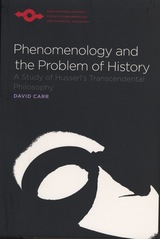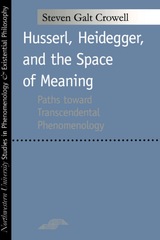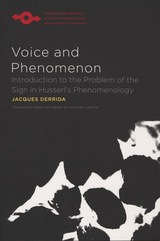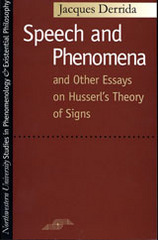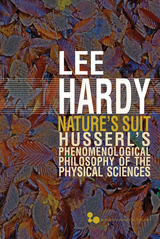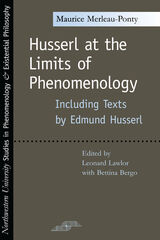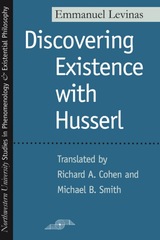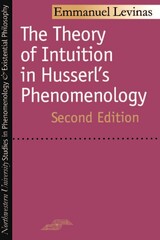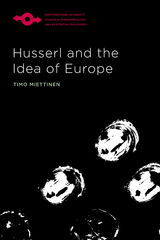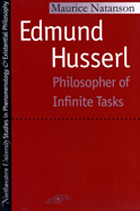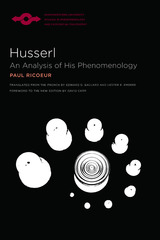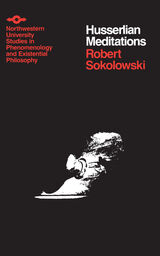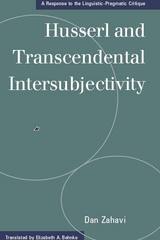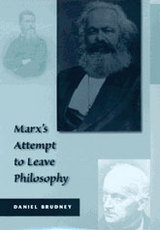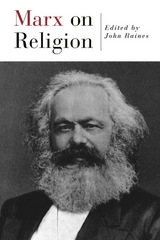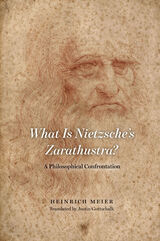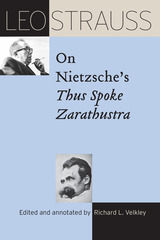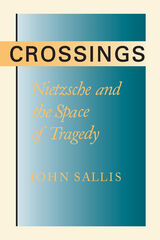Cloth: 978-0-8214-1392-0 | eISBN: 978-0-8214-4131-2
Library of Congress Classification B3279.H94Z34 2001
Dewey Decimal Classification 193
Husserl and Transcendental Intersubjectivity analyzes the transcendental relevance of intersubjectivity and argues that an intersubjective transformation of transcendental philosophy can already be found in phenomenology, especially in Husserl. Husserl eventually came to believe that an analysis of transcendental intersubjectivity was a conditio sine qua non for a phenomenological philosophy. Drawing on both published and unpublished manuscripts, Dan Zahavi examines Husserl’s reasons for this conviction and delivers a detailed analysis of his radical and complex concept of intersubjectivity, showing that precisely his reflections on transcendental intersubjectivity are capable of clarifying the core-concepts of phenomenology, thus making possible a new understanding of Husserl’s philosophy.
Against this background the book compares his view with the approaches to intersubjectivity found in Heidegger, Sartre, and Merleau-Ponty, and it then attempts to establish to what extent the phenomenological approach can contribute to the current discussion of intersubjectivity. This is achieved through a systematic confrontation with the language-pragmatical positions of Apel and Habermas.
See other books on: 1859-1938 | Husserl | Husserl, Edmund | Intersubjectivity | Response
See other titles from Ohio University Press

